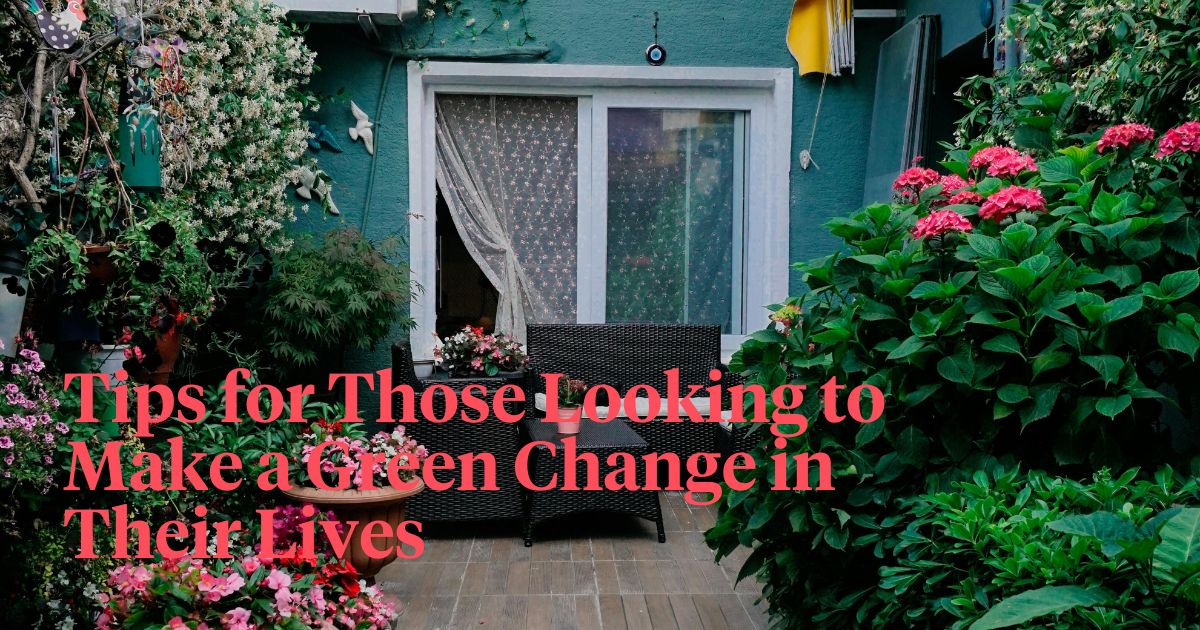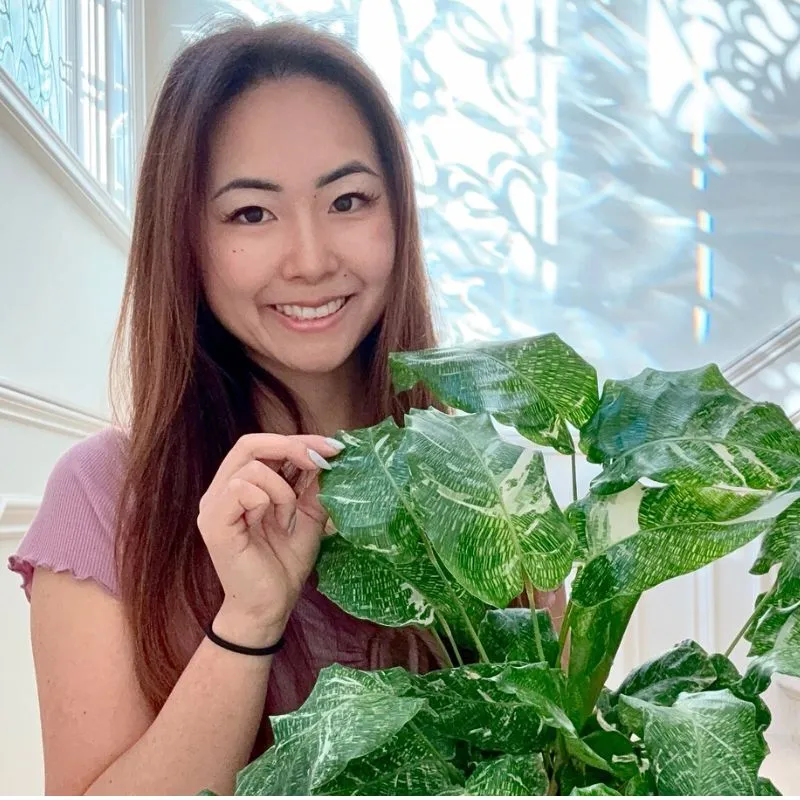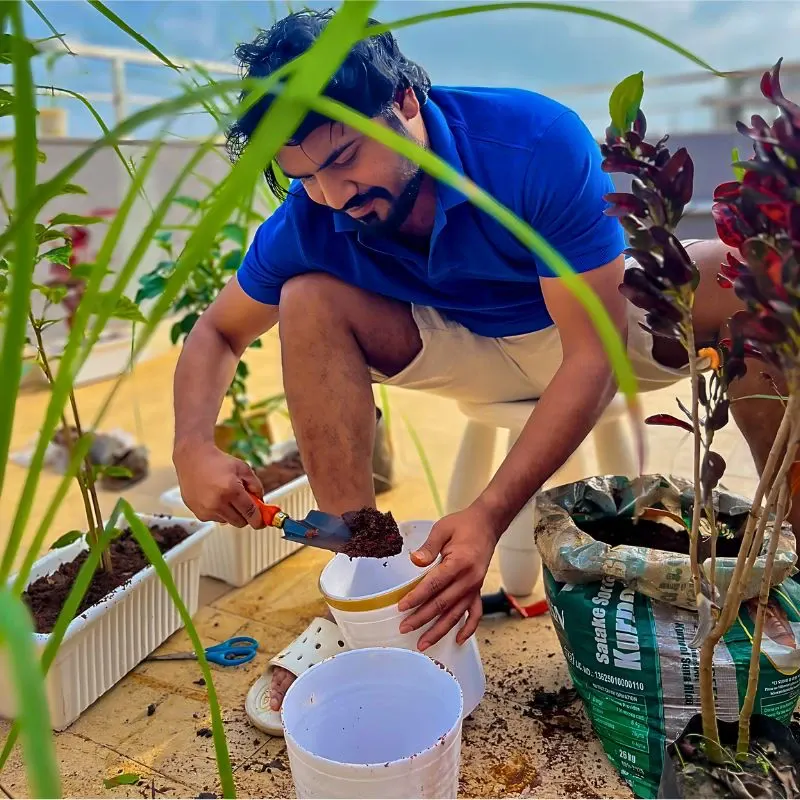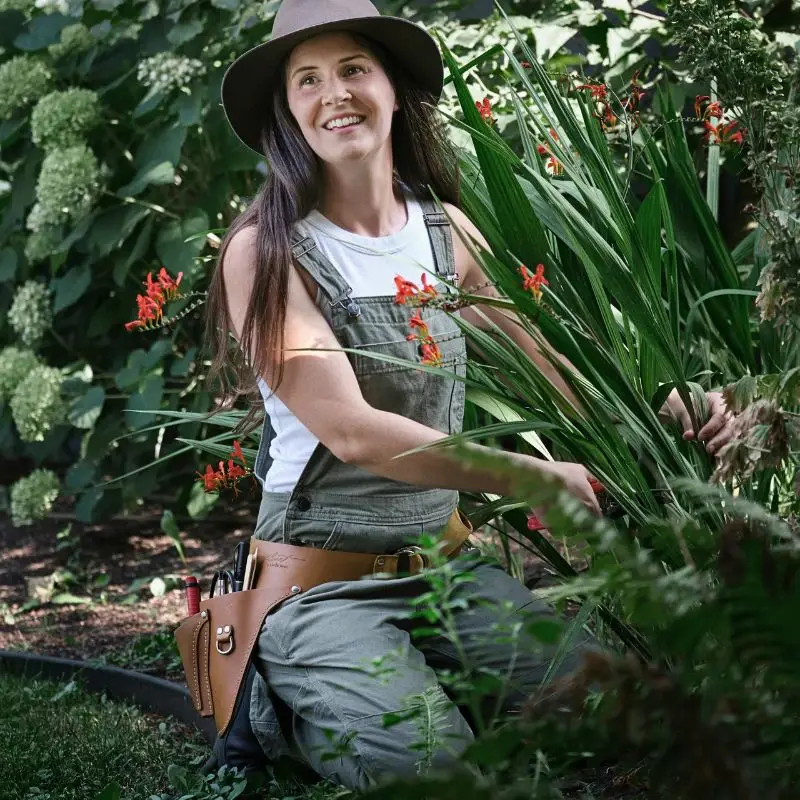You enjoy living in the city but yearn to be more sustainable. You want more control over what goes into your body. We get it. And for a long time, it was a challenge. However, it’s now easier than ever.
Many people who live in cities are adopting sustainable living and making it fit within the confines of their lives. Urban gardening has gained popularity amidst the concrete jungles. These two principles being woven together isn’t a coincidence. One feeds the other…pun intended.
Today, we’ll discuss the symbiotic relationship between sustainable eating and urban gardening and offer practical tips for those looking to make a green change in their lives.
Urban Gardening: Why It’s a Big Deal
The most obvious benefit of urban gardening is the access to fresh, organic produce. Store-bought produce can be old, sprayed with tons of chemicals, and handled by dozens of people.
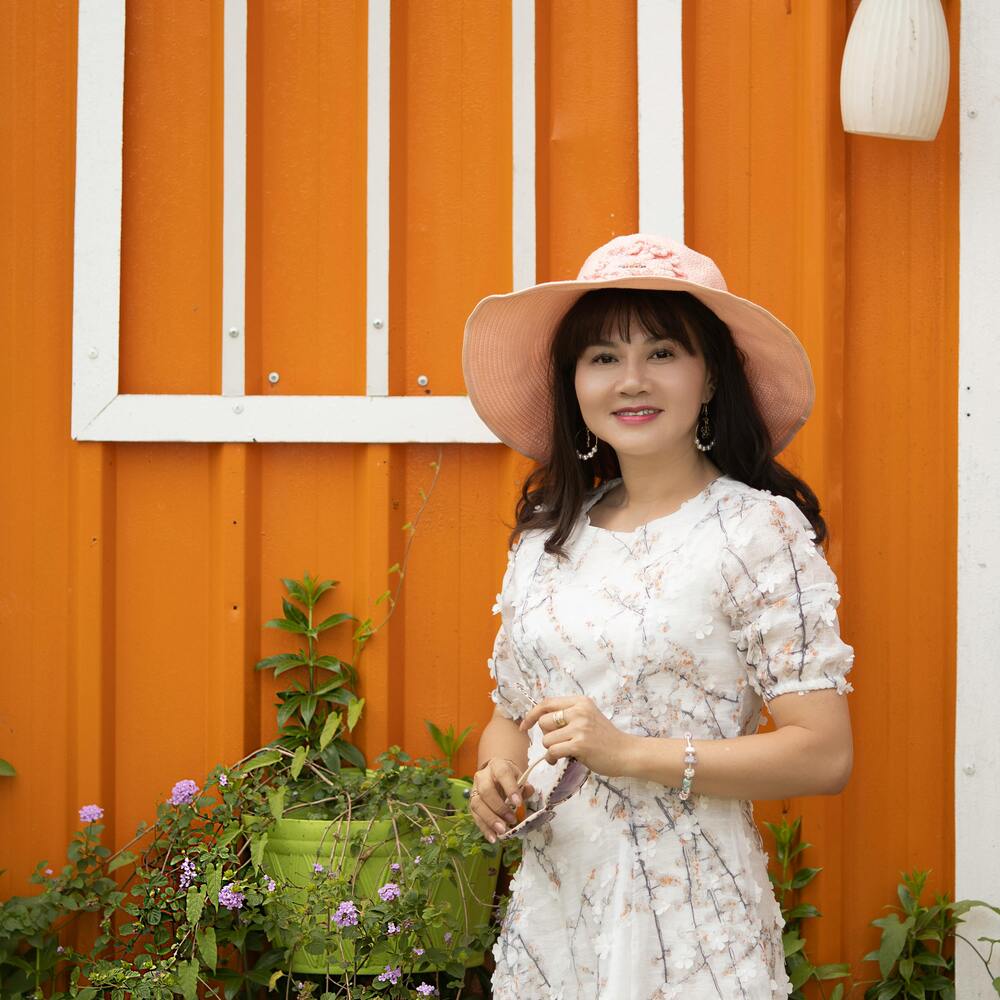
Homegrown fruits and vegetables are harvested at their peak ripeness, preserving essential nutrients. The physical act of tending to a garden is great exercise. The mental health benefits of exposure to green spaces are well-documented.
Each city garden contributes to the local ecosystem. Green plants purify the air and reduce the urban heat island effect.
On a broader scale, urban gardening lowers the carbon footprint associated with our food. More people growing food translates to a reduced need for transportation and refrigeration associated with store deliveries.
Sustainable Eating - It’s a Beautiful Thing to Put in Your Belly
Sustainable eating is an integral component of the broader sustainable living ethos. It involves making mindful, ecologically friendly choices in the foods we consume and how we consume them.
At its core, sustainable eating is about understanding the impact of your diet on the planet. It’s making choices that promote conservation and help shape the way future generations view food resources.
It means different things to different people. It could mean eating locally or choosing seasonal foods. For some, it could be reducing the consumption of animal products, whose production is often resource-intensive.
Adopting a sustainable diet often leads to improved health outcomes. By prioritizing nutritious whole foods, you can help combat prevalent health issues such as obesity and heart disease associated with consuming ultra-processed foods.
What it doesn’t mean is giving up everything you enjoy. You can still eat out. You can still get a delivery of Factor 75 weekly meals in Los Angeles City. Many people taking small steps towards a single goal can yield impressive results in the long term.

Practical Tips for Combining Urban Gardening with Sustainable Eating
Transitioning to a more sustainable diet through urban gardening may seem difficult. But with the right approach, it can be achievable and enjoyable.
Choosing the Right Plants
In an urban setting, space is at a premium. Choose plants that thrive in compact conditions.
Herbs, leafy greens, and certain root vegetables are ideal for container gardening and vertical spaces. Selecting local varieties that are well-suited to your climate can improve your chances of a successful harvest.
Sustainable Gardening Practices
To truly integrate sustainability into your gardening, consider composting food scraps to create nutrient-rich soil.
Use rainwater or greywater for irrigation to reduce your dependence on municipal water supplies.
Avoid chemical fertilizers and pesticides in favor of organic and homemade solutions that are safer for both you and the environment.
Meal Planning with Homegrown Produce
Plan and prepare meals that center around your homegrown produce. This can be a creative and rewarding process that reduces your grocery bill and minimizes food waste, as you harvest only what you need.
Community Gardening Initiatives
If your living space doesn't allow for much gardening, consider participating in community gardens. These initiatives expand your capacity to grow food and foster local engagement and knowledge-sharing about sustainable practices.
Participating in a community garden can increase access to a wider variety of fresh produce while strengthening community bonds. Studies also show it’s great for physical and mental health.
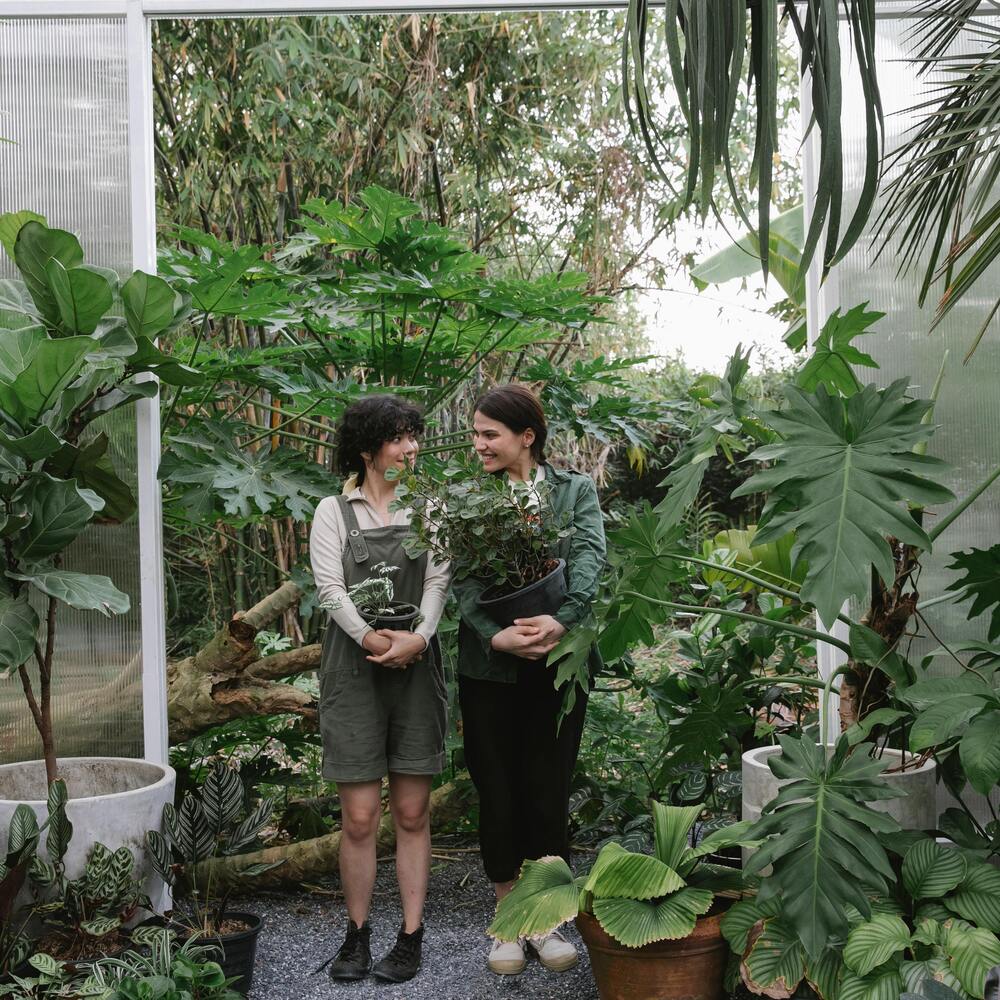
Preserving Your Harvest
Oh no! Your cucumbers are going bad! Turn lemons into lemonade. Or, in this case, turn those cukes into pickles.
Learn the arts of canning, drying, and freezing to preserve your garden's bounty for year-round use. Your efforts in the garden go further and reduce food waste.
Preserving food can also be a gateway to discovering new recipes and techniques that make the most of your homegrown produce.
Supporting Local Farmers and Markets
In addition to growing your own food, supporting local farmers and markets is another aspect of sustainable eating.
Purchases from local producers minimize the carbon footprint associated with long-distance food transportation and promote biodiversity by supporting crops that are native to your region.
Eat Better, Live Better
The balance between urban gardening and sustainable eating shows that people living in cities can take care of themselves and their communities. It increases our capacity to adapt and thrive in urban environments while respecting and enhancing our natural ecosystems.
Growing your own food, even on a small scale, can be a radical step towards a more sustainable lifestyle. It promotes environmental health and personal well-being.
The concepts we mentioned today offer tangible, locally driven solutions that can ripple outward. These ripples have the potential to inspire broader changes in our relationship with food and the world around us.

